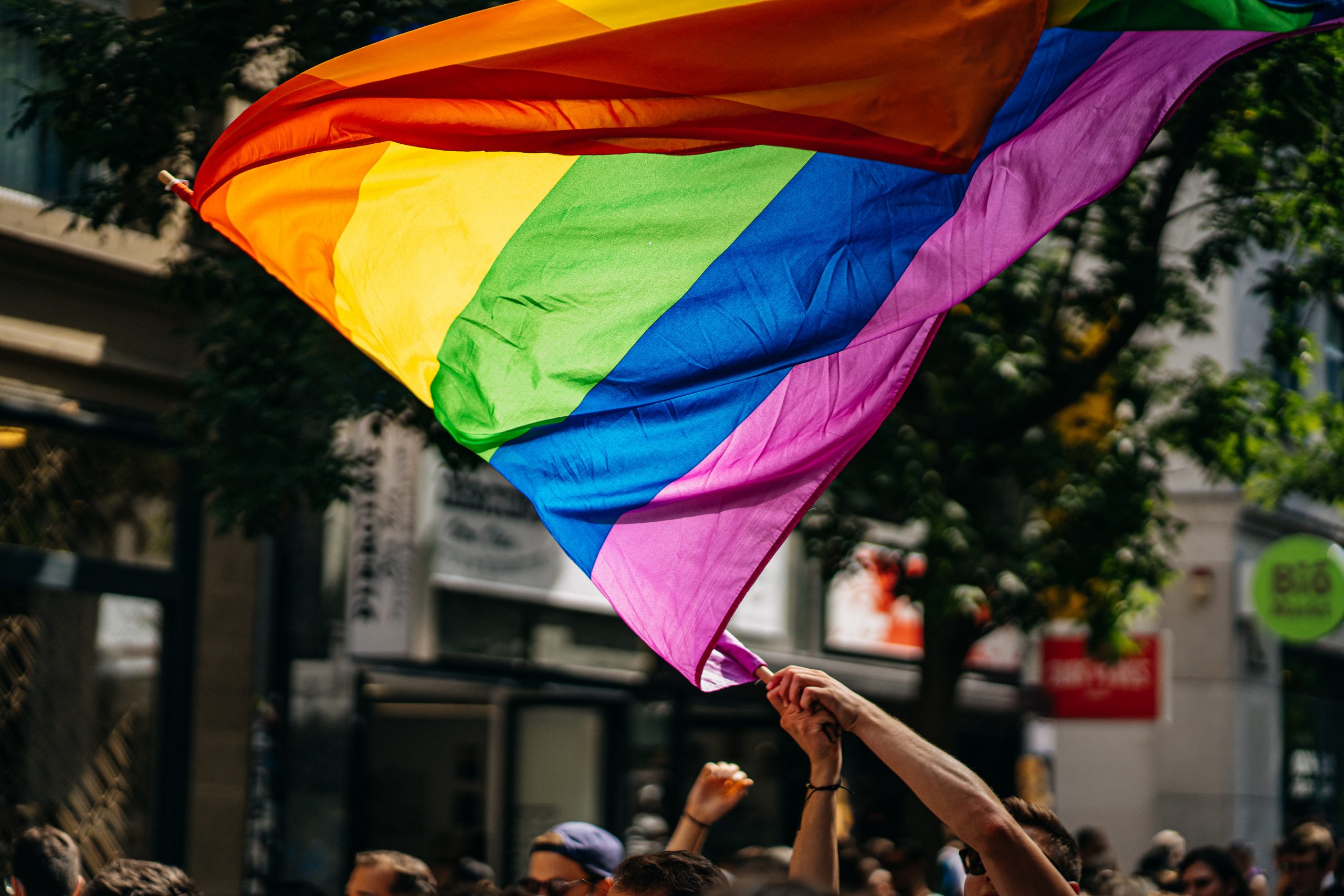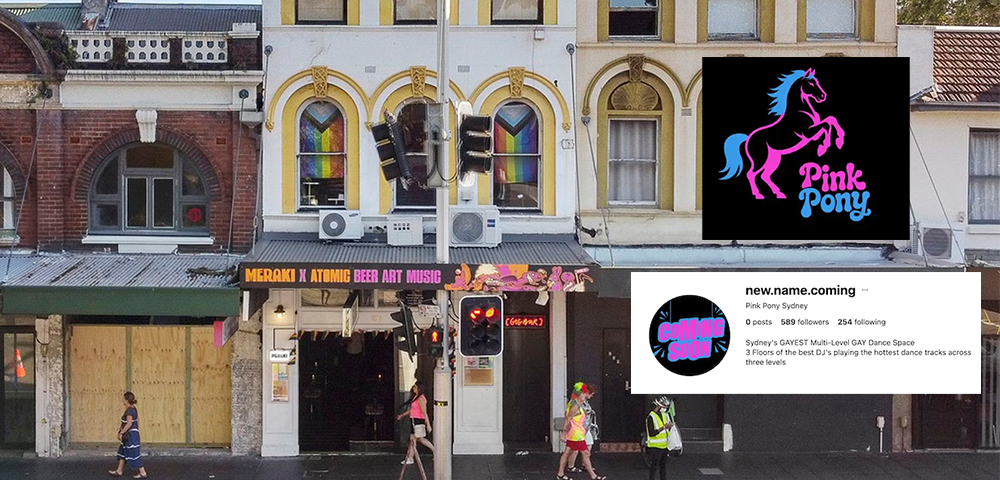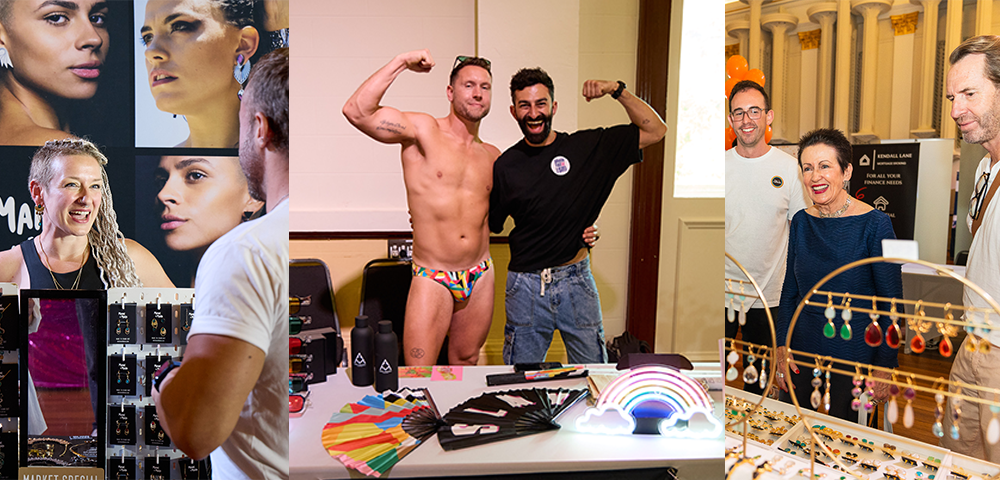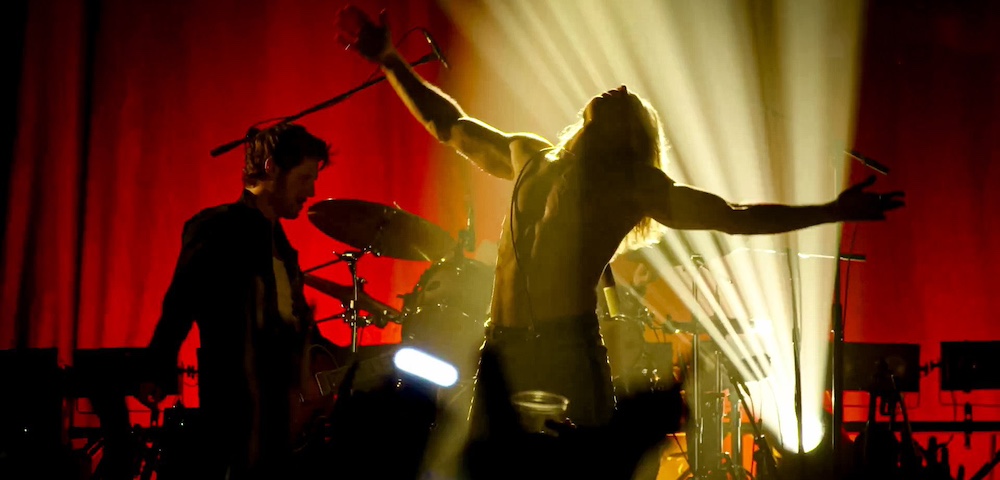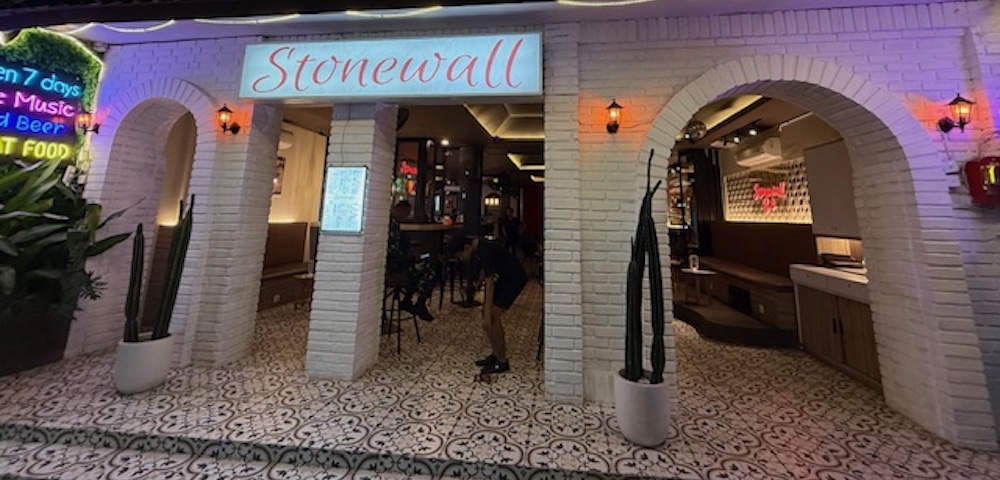
Dave Chappelle: Marginalising The Marginalised in ‘The Closer’
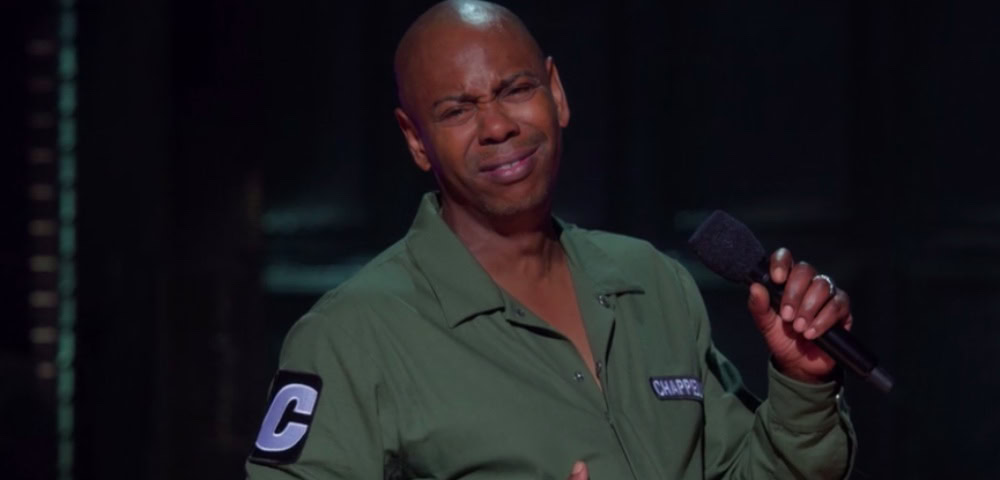
By Michala Oestereich
Dave Chappelle, a comedian I have admired for many years, tested comedy with his new Netflix special, The Closer. When I watch Dave Chappelle, I am prepared to laugh. But his latest special did not make me laugh – it made me silently cringe.
I tried to laugh, I wanted to laugh, I looked to Dave to make me laugh. But, throughout his 72 combative and callous minutes, all I could think was, “hmmm, that was not funny.”
Chappelle makes coarse statements, coming across as an embittered wealthy man, with glaring attempts to create controversy for the sake of doing so.
Many comedians capitalise on controversy to equalise – laugh with people instead of at people. Chappelle’s comments create animosity towards those who are ‘othered‘. Disappointingly, he gains the laughter of his live-audience in this special – which means this audience thinks it is right to mock marginalised people.
Chappelle makes comments about marginalised and victimised groups that come across as nothing short of ignorant and hate filled. He stooped to cater to the audiences who seek this type of content, even though he already has gained a large following from those who are culturally accepting. He clearly wanted to connect to those who seek derogatory humour. Unfortunately, he succeeded.
His humour no longer feels funny, goofy, and quizzical, as it used to. It now feels frustrated, sour, and angry. It’s a horrible change.
What does he say?
Chappelle excessively mocks lesbian, trans, and gay people. He compares being ill with COVID-19 to black people assaulting Asians in bigoted attacks.
In this era of celebrity worship, Chappelle makes blanket statements on world situations, and perpetuates false narratives, assaulting already marginalised people.
Maybe he was trying to offer contradictions, daring people to take equal offence, and compare the suffering of all people without a hierarchy. Is he attempting to make a political argument by going after all victimised and marginalised groups to see if the audience is insulted by one comment as opposed to all? Is he trying to push all of our buttons to invite us to reflect on which derogatory comment actually provokes us enough to be angry and offended?
Whatever his goal was, this isn’t funny. Neither is it equalising. He just comes off as angry, sad, and a tired mess. And Netflix still gave him a multi-million-dollar deal.
At first criticism of this special, Netflix CEO Ted Sarandos said that “content on screen doesn’t directly translate to real-world harm.” That couldn’t be further from the truth. Entertainment and media absolutely affects public opinion and personal beliefs. Netflix holds great power. So, while I respect freedom of speech, I also believe in freedom of criticism.
I am not a supporter of ‘cancel-culture.’ I do not believe in ‘cancelling’ someone merely because they do not agree with me or with liberal, progressive causes. What I do believe in is mutual respect, a desire for equal representation, acknowledgment of facts, and in entertainers being… well… entertaining. As much as I have enjoyed him in the past, Dave Chappelle has veered far off the road into a ditch where I don’t care to join him.
Get it together, Dave. I eagerly await your return to true comedy. In the meantime, I will find something better to watch on Netflix.




